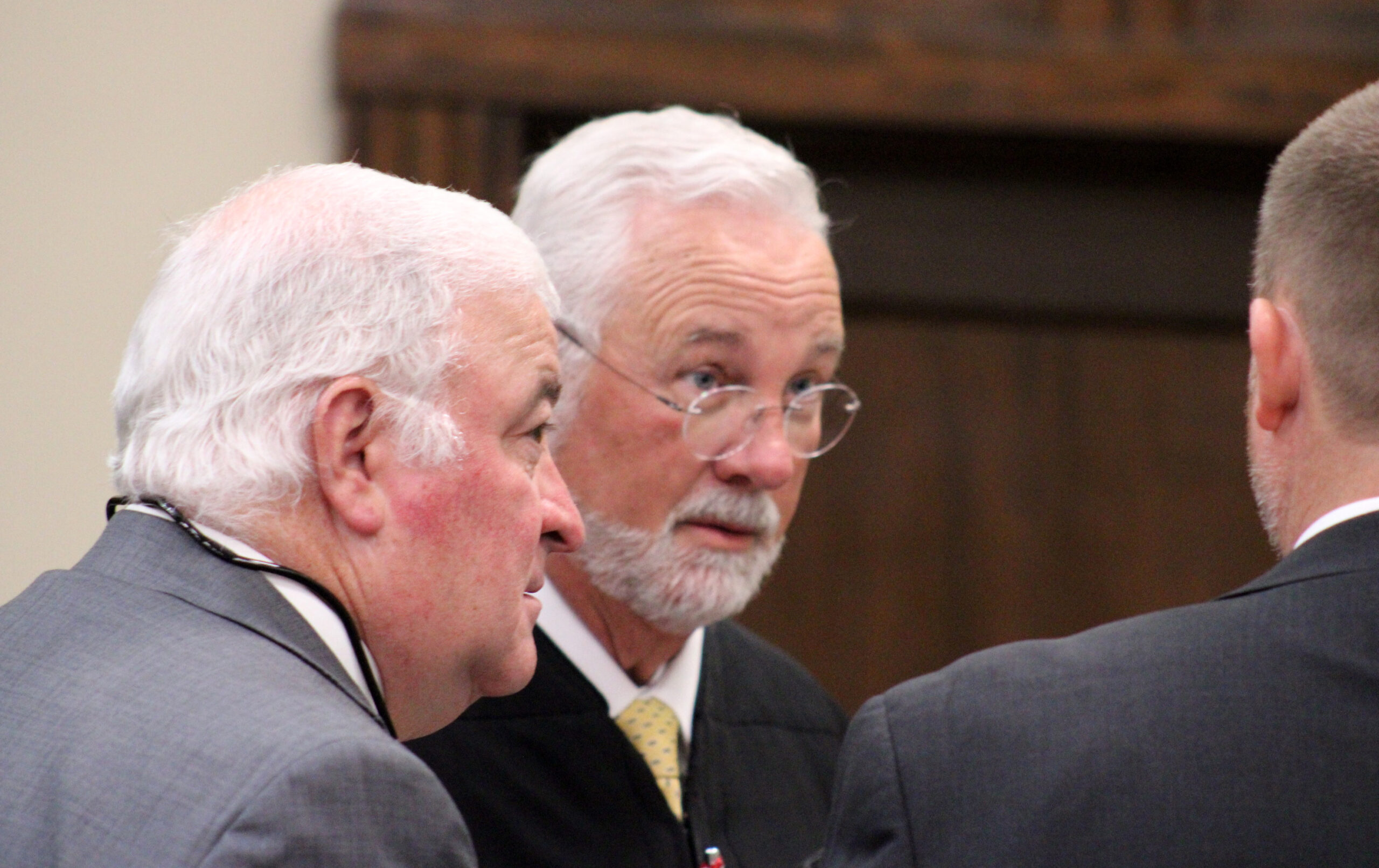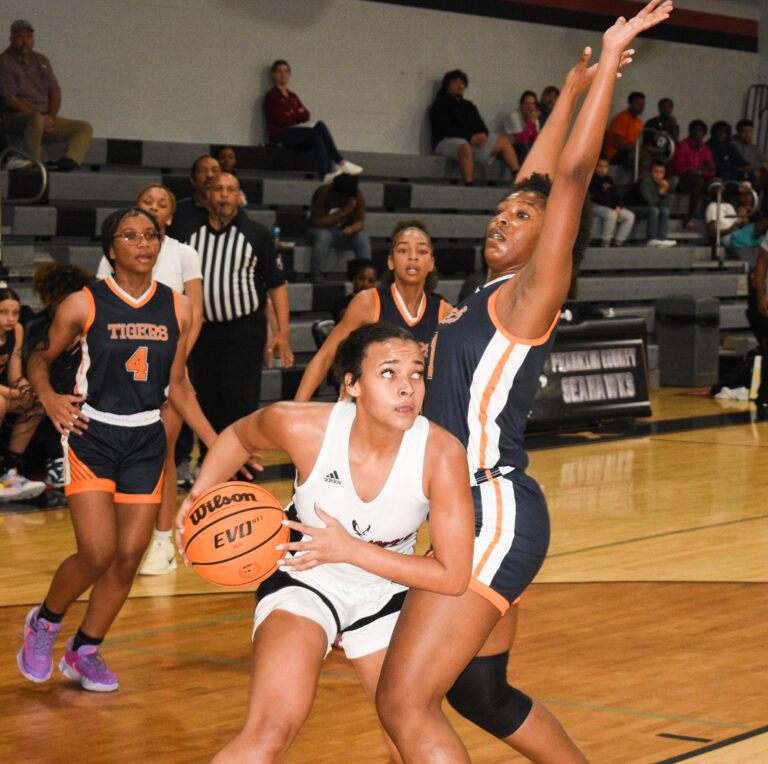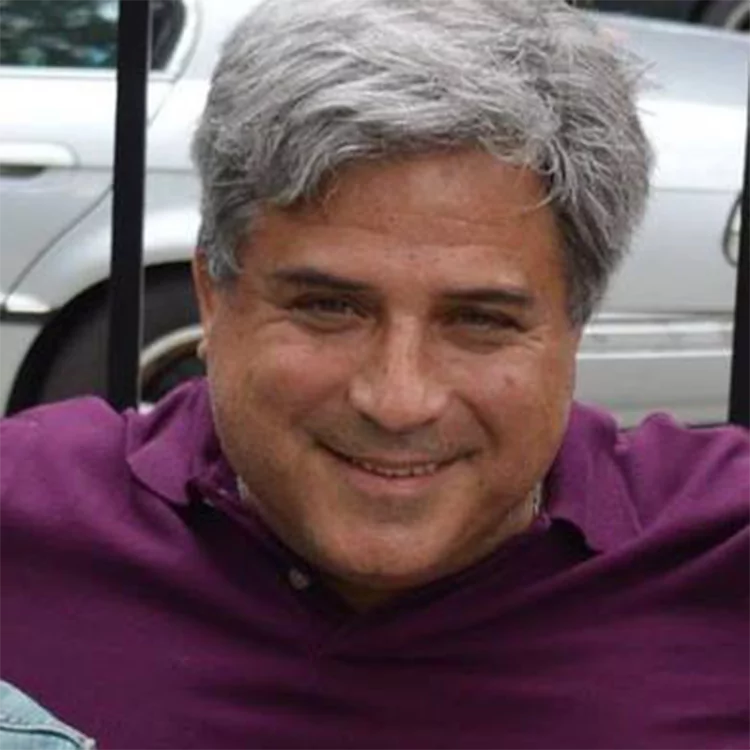Opening arguments set for Friday morning in Seiden murder trial
Jury selection takes two full days
Opening arguments in the Aileen Seiden murder trial are scheduled to begin Friday morning, following a full day of selecting a 12-member jury.
The 14 people chosen, 12 jurors and two alternates, during the daylong voir dire process are equally split between men and women, and roughly evenly scattered between Apalachicola, Eastpoint, Carrabelle, St. George Island, Lanark Village and St. James Bay.
On Wednesday, the first round of jury selection began as each of 105 potential jurors were questioned behind closed doors by Circuit Judge Frank Allman, prosecutor Jarred Patterson and defense attorney Alex Morris.
By end of day Wednesday, about 30 possible jurors had been dismissed for cause, after being asked what they knew about the case based on newspaper coverage and talk on social media; whether any prior commitments would stand in their way of serving at least until the end of next week, and possible longer; and whether they felt they could keep an open mind when presented the evidence at trial.
Reasons for their dismissal included having responsibilities to assist ill relatives, or having planned a mission trip overseas, the excused jurors said afterwards.
Seventy-five jurors were called back for Thursday’s second round which was held in public, in the 21-seat jury box, in successive phases.
The attorneys trying the case each had 10 opportunities to excuse a juror without having a reason, known as peremptory challenges.
The selection process took two full days, longer than is typically the case when a felony trial has only six jurors, and lawyers are afforded fewer peremptory challenges.
Each of the narrowed pool of potential jurors stood to answer a series of written questions, such as what they did for a living, where they resided in the county and for how long, whether they had relatives or friends in law enforcement or someone who had been arrested and whether they believed they had been treated fairly by the criminal justice system.
Patterson, the assistant state attorney in Apalachicola who is leading the prosecution together with Eddie Evans in a supporting role, then addressed the jurors, following up on several of their answers.
He stressed several aspects of how a trial would work. “The burden stays with the state, it never gets up and up and stays with the defense,” Patterson said, noting the state has to prove the elements of the crime but “not extra elements. Motive is not an element.
“Everyone agrees to hold me to my burden, but not an extra burden,” he said.
He said the legal definition of “premeditated” in the most serious first degree murder charge that the defendant, Zachary Abell, 36, of North Miami Beach is facing, may differ from the more common meaning of the word.
“The (jury) instructions (the judge will give you) won’t tell you a fixed time period,” Patterson said. “Proof of premeditation does not require something akin to an assassination. That’s not what the judge is going to give you. Premeditation, killing after consciously deciding to kill, does not have a set time frame of how long that comes into effect.”
He also asked potential jurors whether they could fairly weigh the testimony of an individual who had agreed to a plea agreement, the same as other witnesses.
Because the original co-defendant in the case, Christina Marie Araujo, 44, of Palm Beach, pleaded guilty in May 2023 to a lesser charge of second-degree murder, and is scheduled to appear as a witness in the upcoming trial, Morris rose to object, since the voir dire process is not allowed to include discussion of the facts of the case.
Allman sustained the objection and called for a sidebar conference with the two attorneys outside of the jurors’ earshot. Upon the attorneys’ return, Patterson rephrased the question succinctly and moved on.
Morris, a Tallahassee-based criminal defense attorney for the past 25 years, began his remarks by stressing, as Patterson had, that a real-life murder trial is not like an entertainment crime drama popular on television.
“It’s an incredibly important process and this is our only opportunity to have dialogue with you,” he said. “We’re in a room with high walls and high ceilings and a homicide trial, this is very. very serious.
“This is not a competition between how many witnesses the state calls and how many the defense calls,” Morris said.
He asked whether any of the potential jurors were knowledgeable in the fields of forensic evidence, such as fingerprints, DNA, cellphone technology and medical analysis, since those aspects of the criminal investigation are expected to come up when both sides make their arguments as to exactly what happened the night of Sunday, April 23, 2018 in a room at an Eastpoint motel when Abell and Araujo are alleged to have beaten to death their traveling companion, Seiden, 31, of North Miami, and then dumping her body in a cul-de-sac at a vacant subdivision off U.S. 98, before hurrying back to Miami where they were later apprehended.
In an interview following the court proceeding, Morris said his client plans to admit culpability in the two other charges he is facing, accessory after the fact of a capital felony and tampering with physical evidence, while asserting his innocence of the murder charge.
Morris said the autopsy photos the jury will be shown are graphic. “I’m not asking you to enjoy it but some people have such a bad reaction to things that they shut down,” he said.
One woman said she was not sure how she might react. “I am concerned about that,” she said. “I’m very uncomfortable. To be fair, I cannot say.”







How can motive not be an element of a crime? That is the base of any investigation that leads to an arrest… we see it all the time on Dateline!